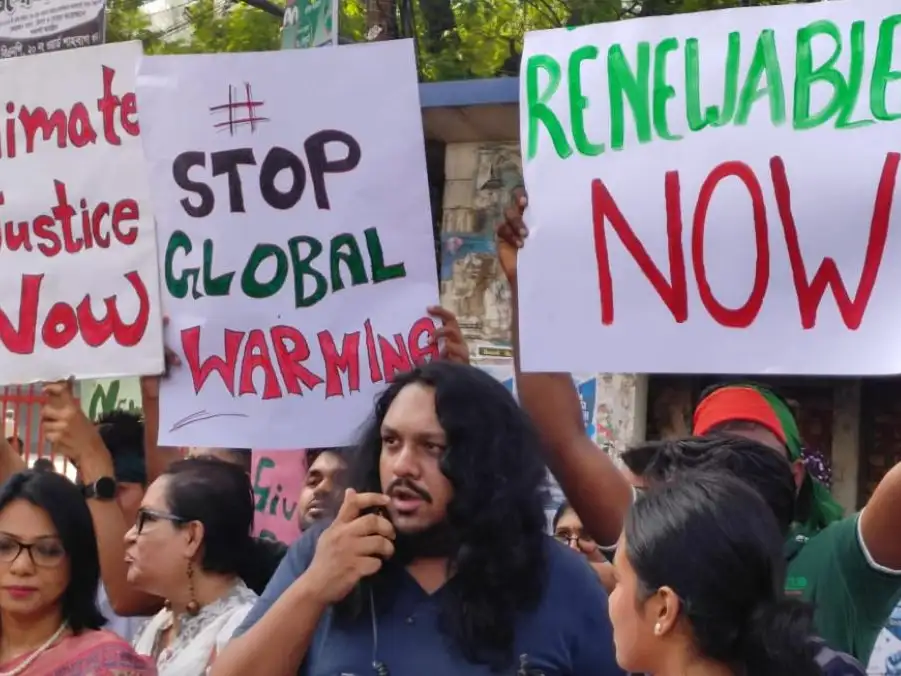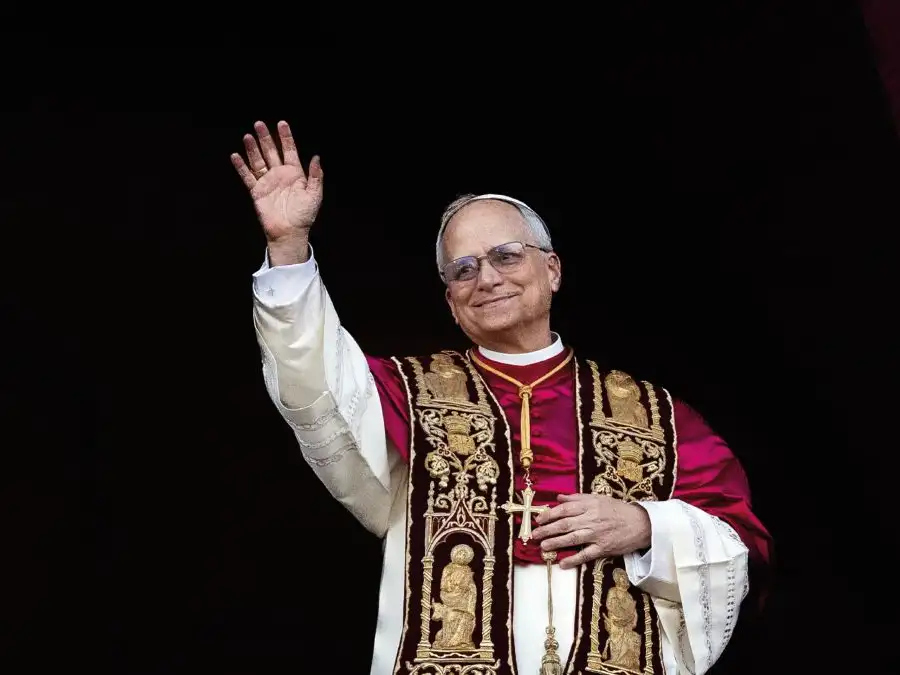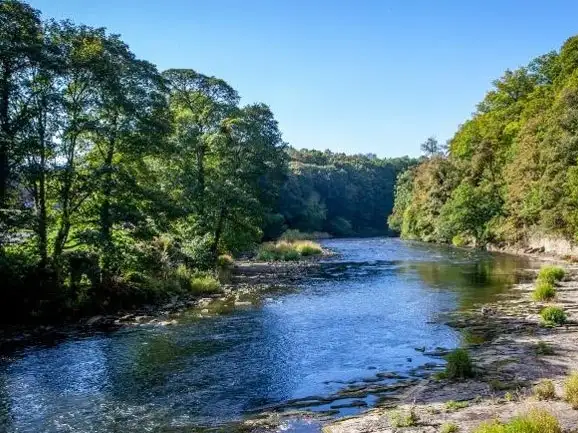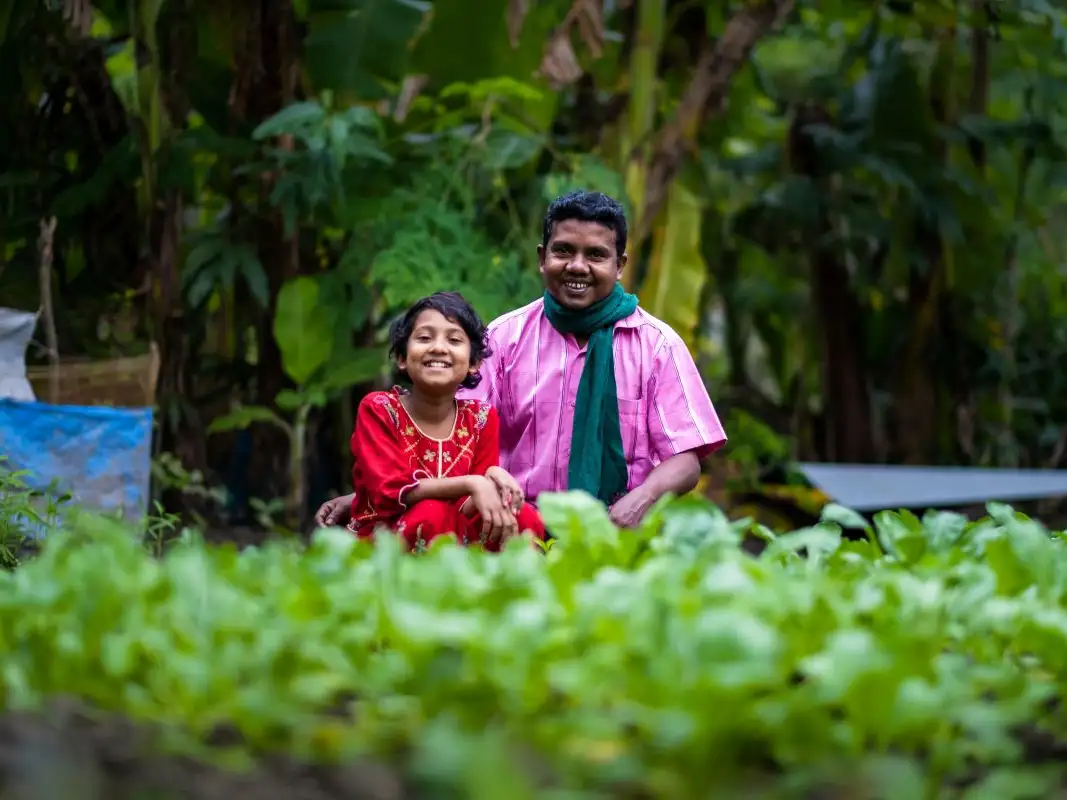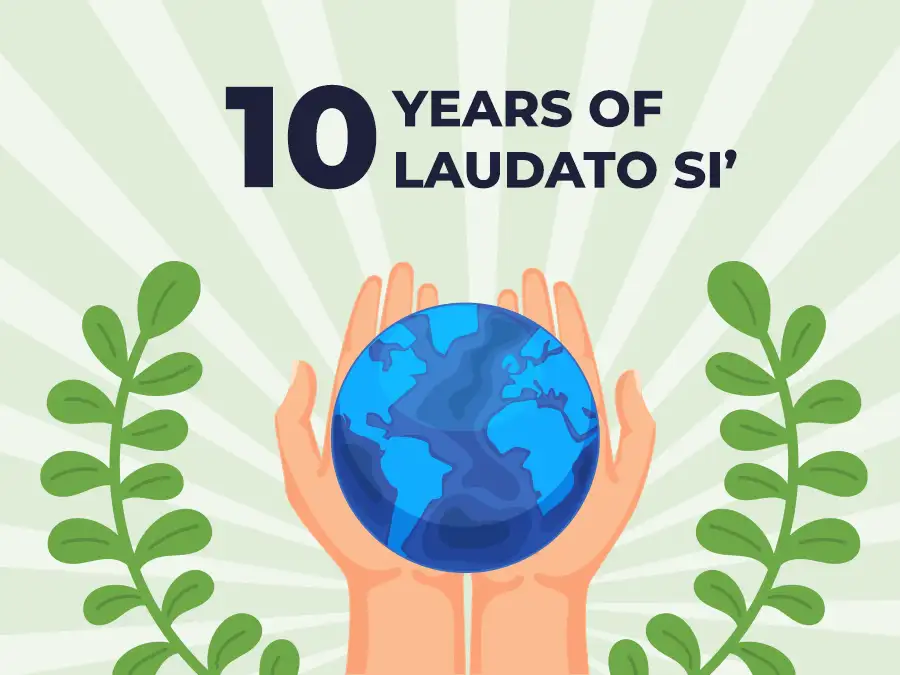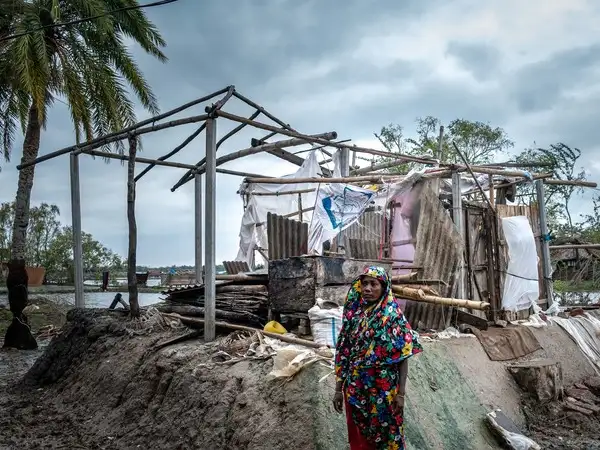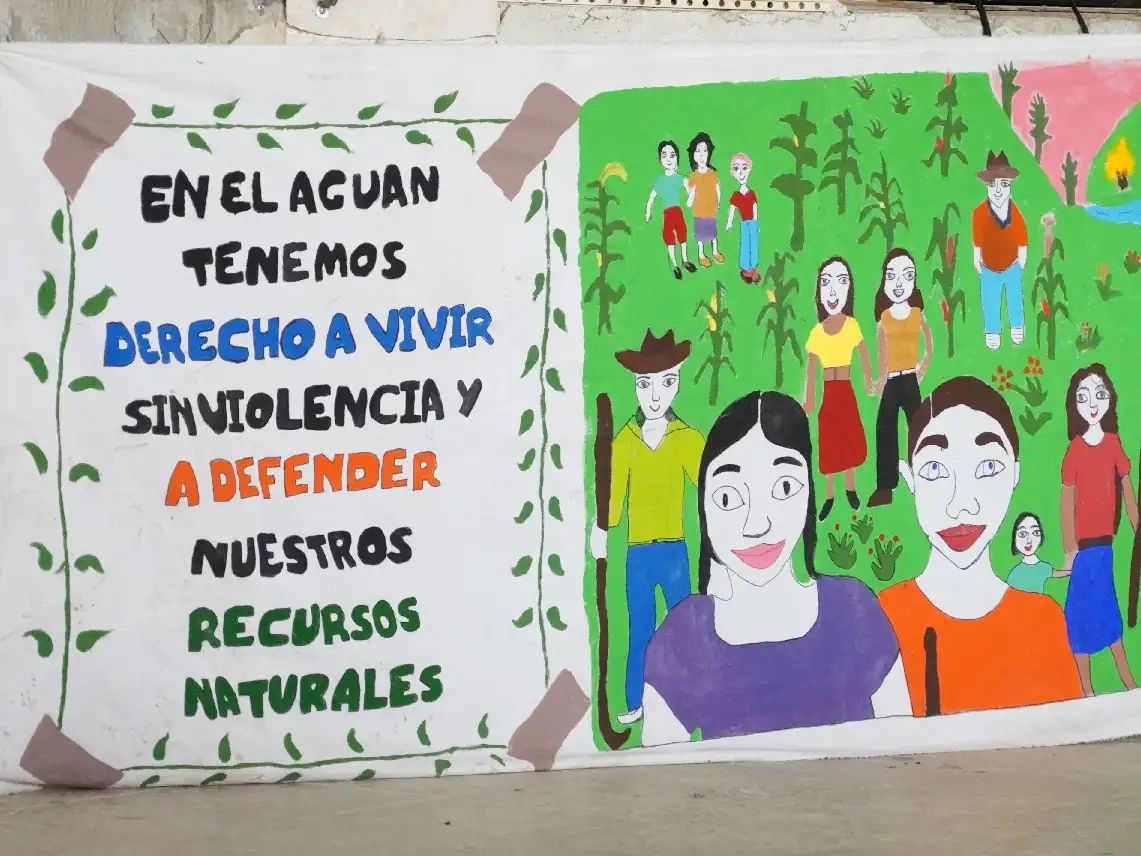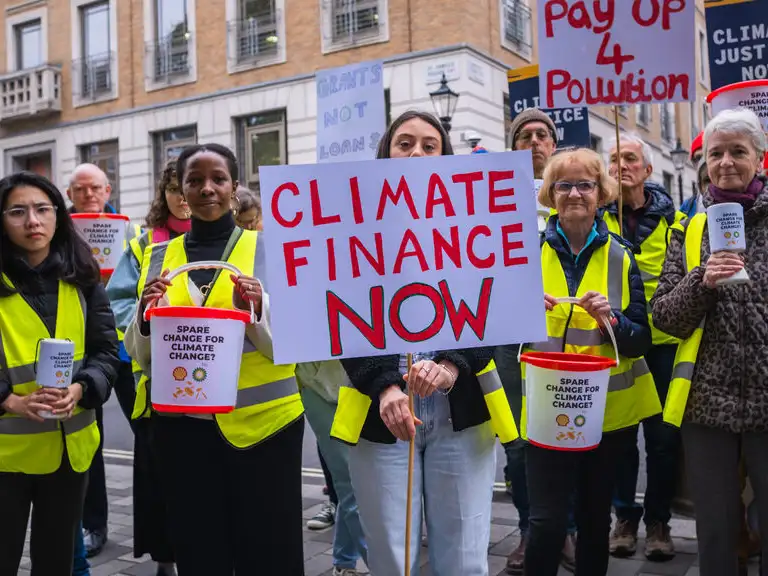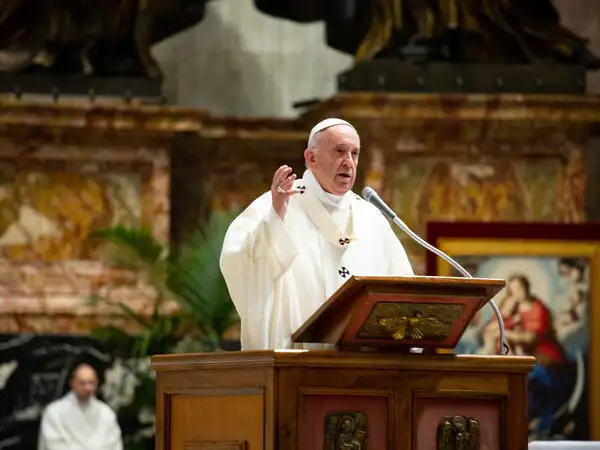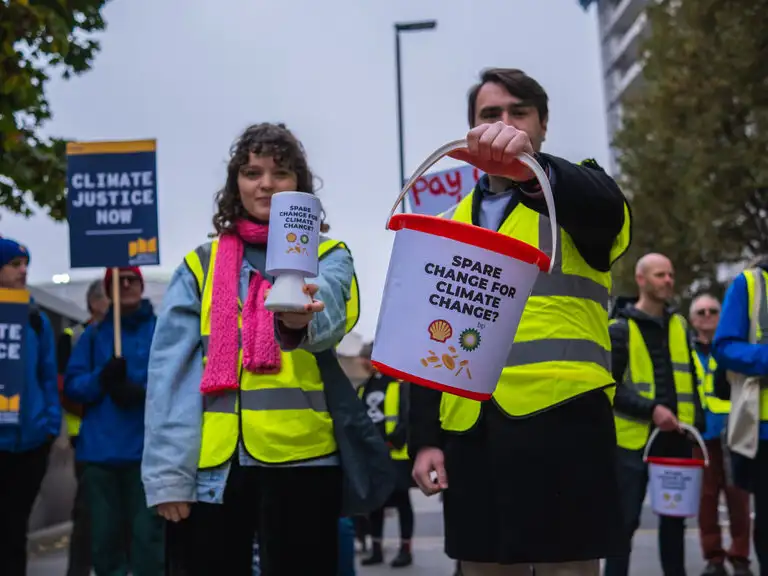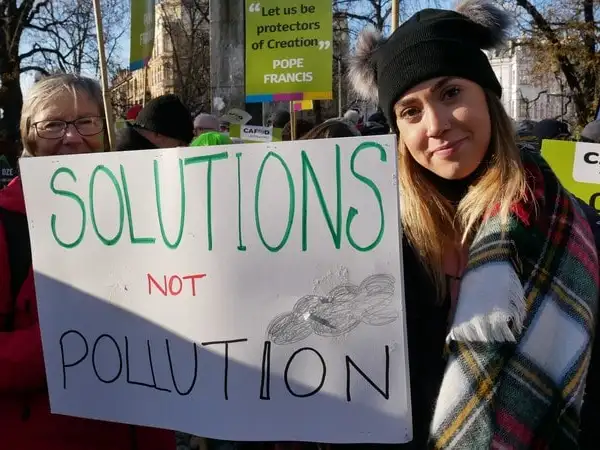

Thousands of CAFOD supporters have campaigned for the government to end support for fossil fuels overseas
Prime Minister Boris Johnson is to announce the UK government will end support for fossil fuels overseas.
The announcement comes ahead of a 'Climate Ambition Summit' which the UK will host on 12 December 2020 and which Pope Francis will participate in alongside 75 world leaders.
The government says it will bring in the ban ahead of the UN 'COP26' climate talks which the UK will host in November 2021 in Glasgow.
'A huge step forward for UK leadership on climate'
Graham Gordon, Head of Policy at CAFOD, said:
“This is a huge step forward in the UK’s leadership on climate change.
"We welcome the Prime Minister’s commitment to stop funding fossil fuels overseas as soon as possible, and before next year’s COP 26 in Glasgow.
"We urge other governments and businesses to make ambitious commitments to keep global warming well below 1.5 degrees to protect current and future generations.”
Why does the fossil fuel announcement matter?
Greenhouse gas emissions, which are released from fossil fuels such as coal, oil and gas, are driving dangerous temperature rises and causing the climate emergency.
This is wreaking havoc for the world's poorest people and hitting the most vulnerable communities the hardest, despite them having done least to contribute to the problem.
The UK government had previously provided billions of pounds of support for fossil fuels overseas from the aid budget and UK export finance.
Thousands of CAFOD supporters have campaigned for the government to end support for fossil fuels overseas, including by signing petitions and lobbying MPs.
What does the government announcement on overseas fossil fuels support mean?
The Prime Minister will commit to ending support for new crude oil, natural gas and thermal coal projects overseas, except for "very limited exceptions".
The government has said that it will end support by the time of the COP26 climate summit in November 2021, "after a short period of consultation".
The government also says it will support the transition from fossil fuels to low-carbon energy, which includes renewable energy such as electricity generated by solar panels and wind turbines.
Pope Francis has called for an urgent switch from fossil fuels and has held meetings at the Vatican with executives from the world's biggest oil and gas companies to encourage businesses to help with the move to renewable energy.


